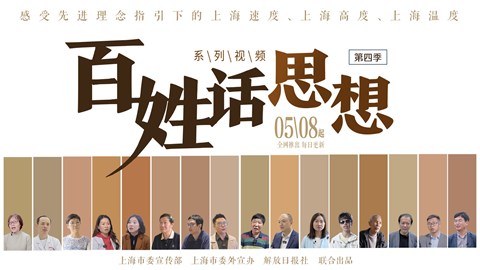Shanghai, HK and Macau officials discuss smoking control
Stepping up legislation and law enforcement along with campaigns and education on the potential harm caused by e-cigarettes and cigarettes to teenagers and young people should be highlighted, health officials from Shanghai, Hong Kong and Macau said during a smoking-control event in Shanghai on Tuesday.
The officials exchanged experiences on smoking control in their respective regions and said it was important to update and further boost non-smoking legislation, smoking-quitting services, smoking control among minors, e-cigarette management, as well as prohibiting tobacco advertising and sponsorship to create a smoking-free society with public efforts and awareness, according to the Shanghai Center for Health Promotion.
Tobacco smoke contains over 7,000 chemicals, including 69 carcinogens. And more than a million people are killed due to tobacco in China each year.
Officials said Shanghai's average life expectancy of 84.1 years in 2021, the longest on the Chinese mainland, is linked to its strict smoking-control efforts, while low smoking prevalence is the single most important reason for longevity among Hong Kong residents.
In 2010, Shanghai became the first mainland city in the nation to implement an anti-smoking law, amending it twice, in 2016 and 2022. Last year, the city banned the use of e-cigarettes in all public indoor areas.
The smoking rate in Shanghai was 19.4 percent in 2022, dropping by 7.5 percentage points from when the law was introduced in 2010. The rate of traditional cigarette and e-cigarette use among local minors is also the lowest in the nation.
Now, Shanghai is perfecting the supervision of non-smoking places, pushing to create smoking-free governmental bodies, families, schools and medical facilities as well as enhancing service and medical support to help smokers quit, local officials revealed.
Officials from Hong Kong said that the island city's smoking rate has fallen from 23.3 percent in 1982 to last year's 9.5 percent and it has set a goal of 7.8 percent by 2025.
The Chinese special administrative area plans to achieve the goal by targeting diseases and deaths caused by smoking, preventing minors from smoking, protecting public from harm of smoking and reducing medical burden caused by smoking.
Macau officials, meanwhile, said that the region has introduced strict legislation and harsh punishment for people violating smoking-control laws and its cigarette use rate has reduced from 16.6 percent in 2011 to last year's 10.6 percent.
The SAR imposed an e-cigarette ban last December, since when the manufacturing, sales, import and export of electronic cigarettes have been fully prohibited in an effort to reduce their accessibility to young people.















